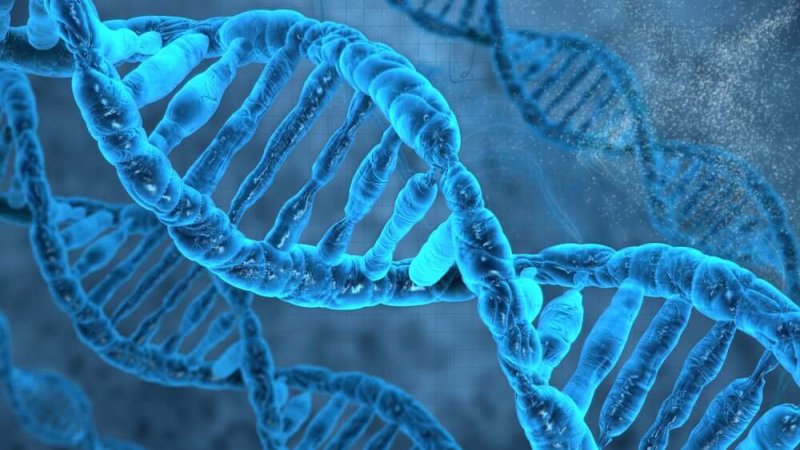A virtually error-free new method of DNA sequencing could one day be used to diagnose extremely rare cancers and hereditary genetic conditions. The approach – called error-correction code (ECC) sequencing – is based on an existing technology called fluorogenic sequencing that works by splitting DNA into fragments and copying these using a process similar to the polymerase chain reaction.
…
This method essentially produces three sets of results for each DNA fragment sequenced, which a specially designed algorithm can combine to identify and fix any errors, and deduce the unambiguous sequence. The group were able to adapt a commercially available fluorogenic sequencing machine – which is normally about 98% accurate – to incorporate their method, and found it could generate completely error-free sequences up to 200 base pairs long.
…
[Computational biologist Keith Robinson] points out the approach may not always give completely error-free results. There are circumstances under which the accuracy could be compromised, for example areas in certain genes which are known to contain sequences where the same two nucleotides are repeated over and over, which could make the signals harder to interpret. Whether the method will be a commercial success depends on how it compares to other, potentially faster, approaches for real-world applications. [The original study can be found here]The GLP aggregated and excerpted this blog/article to reflect the diversity of news, opinion, and analysis. Read full, original post: Error-free next-generation DNA sequencing pioneered































